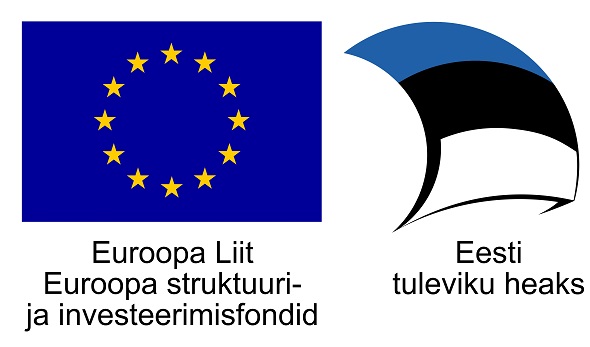10 Estonian companies get ready for international cooperation in Cross Innovation project
![]() Tallinn City together with Creative Estonia has selected 10 local innovative companies to participate in Cross Innovation project, aiming to form cross-sectoral business cooperation relations between 11 European cities. Last week a seminar was organized for the companies to improve international communication and export skills.
Tallinn City together with Creative Estonia has selected 10 local innovative companies to participate in Cross Innovation project, aiming to form cross-sectoral business cooperation relations between 11 European cities. Last week a seminar was organized for the companies to improve international communication and export skills.
Communication expert Rain Veetõusme stressed that it is essential to consider the recipients background while composing and delivering the message. “It is important to thrive for maximum clarity and stick to facts, as it is difficult to get the recipients attention in the contemporary world of fast information feed,” Rain said.
He also drew attention to different cultural dimensions – for example in Japan the set of rules is strictly followed without questioning, while in USA the comprehensive sign system constantly reminds people about desired conduct. “One rule works all over the world- people are in better mood when they are not hungry,” Rain stated the simple truth.
Export consultant Paavo Pauklin continued the subject with practical tips. “Think through if export is reasonable in the beginning!” he suggested. “Maybe the home market is good enough or your product does not have market advantage abroad?” he asked.
Paavo stressed that it is important to know your product well and get quickly acquainted with local business culture. It is as important to know relevant jurisdiction and contract law. “It is almost a rule, that the costs of export exceed the planned costs, the same goes with time spent on the project,” Paavo said. “Make use of all your local contacts, embassies and Enterprise Estonia – be active and do not fear asking for help!” he finished.
The Project Cross Innovation promotes collaborative and user-driven innovation that happens across sectoral, organisational, technological and geographic boundaries. Its focus rests on policies and support measures that enable cross innovation and creative spillovers between creative sectors and other industries. The partnership consists of 11 metropolitan hotspots that have the potential to put cross innovation on the top of local and regional policy agendas across Europe: Birmingham, Amsterdam, Rome, Berlin, Tallinn, Warsaw, Vilnius, Stockholm, Linz, Lisbon and Pilsen.





